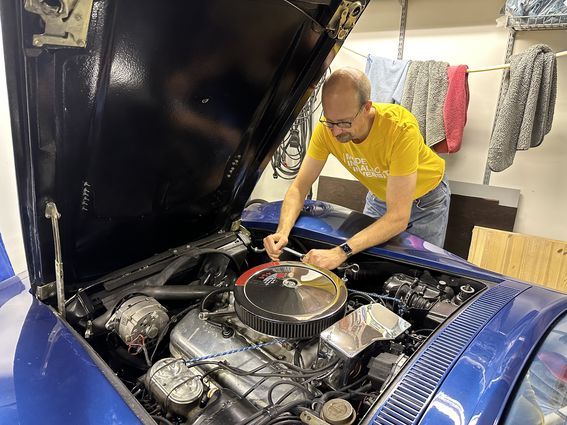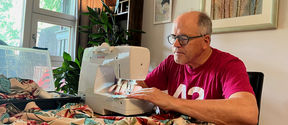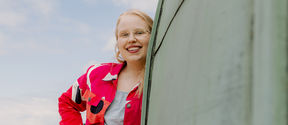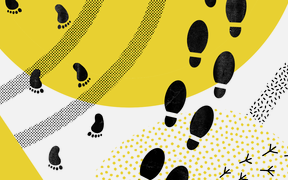You started as dean of the School of Electrical Engineering at the beginning of August. What kind path have you taken to become dean?
I came to the Helsinki University of Technology in the early 1990s and ended up studying microelectronic design. I originally thought I would do master’s thesis quickly and then go into industry. But I became interested in the subject and went on to do a licentiate and then a PhD.
In the middle of my PhD, I decided that it was a good time to build a house – though the professor supervising me might not have been entirely happy with the decision. I took care of the day-to-day duties and spent evenings building the house, but maybe the project had a little impact on finishing the PhD.
I was appointed professor at the beginning of 2007. In the early days of my professorial career, I focused on developing teaching as a programme director. When Aalto was established in 2010, I was closely involved in reforming the bachelor’s programmes. I later became the head of two merged departments and now, in the summer, dean.
Can you tell us some concrete stories about your work?
This is clearly the first year that the students no longer have to be divided into groups due to COVID restrictions. It was therefore my pleasure to be the dean welcoming new students this autumn. The hall was packed – there were more undergraduates than chairs.
The atmosphere was good, even though the new students are always clearly wondering what kind of place this is. I still remember when I was in the same situation myself 30 years ago. I sat somewhere in the back row and wondered what on earth I was doing here and whether I would survive.
Teaching has always interested me, and as a dean, I still continue to teach two bachelor's level electronics courses. When I give a lecture, I feel like I've given it my all. It's different from a regular meeting.
It's motivating and inspiring to teach and to see students at the point where they are making choices. Our students grow up to be the future lecturers, researchers, professors, deans, and maybe even presidents at some point.















